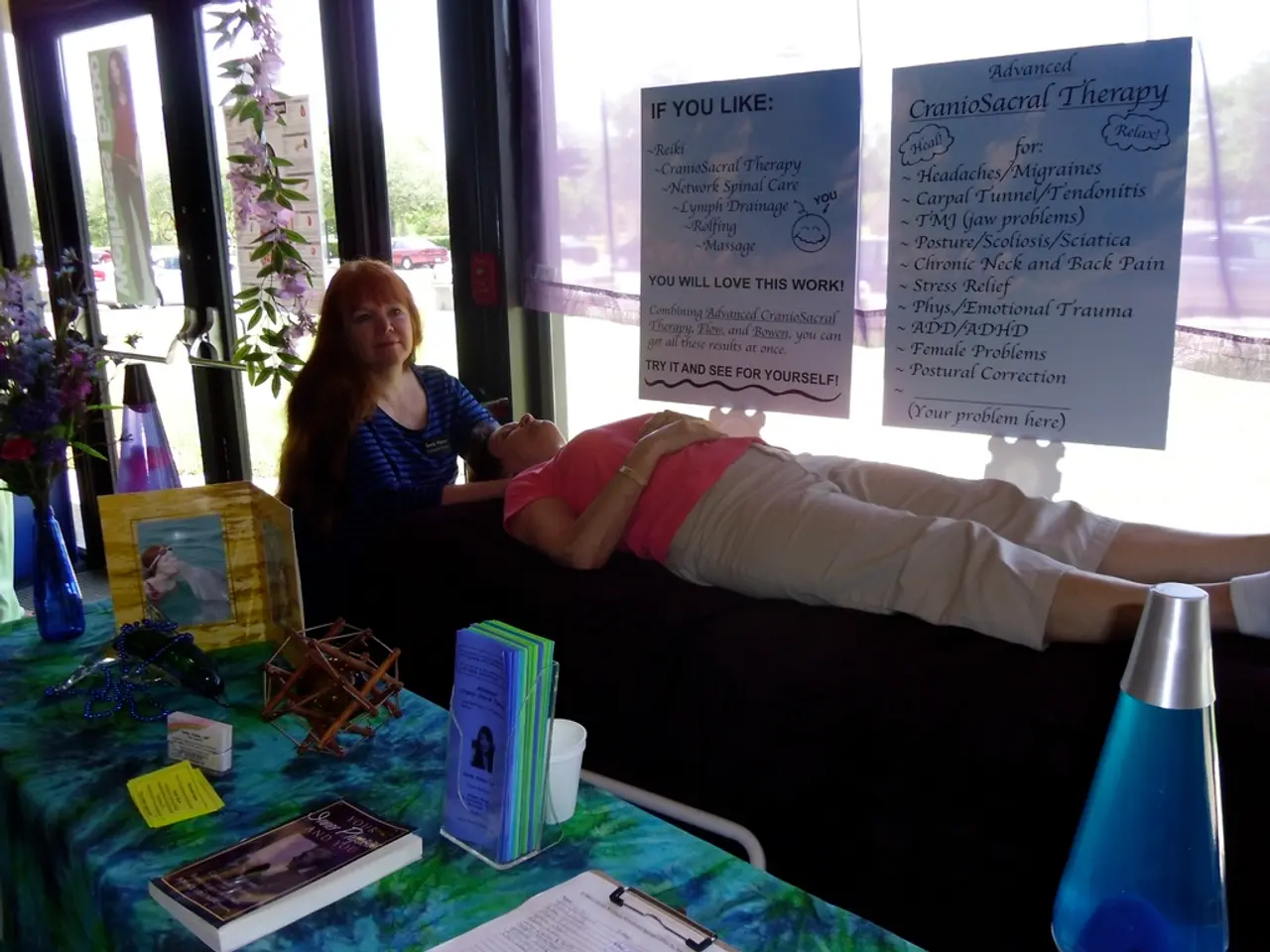Professional Trajectories for Certified Massage Therapists
The world of massage therapy offers a wide range of opportunities for those seeking a career focused on relaxation, stress management, and general well-being. Beyond the traditional massage clinic, licensed massage therapists (LMTs) can find themselves in various settings, each requiring specialized skills tailored to the setting and client needs.
1. Clinical and Rehabilitation Work
In medical offices, chiropractic clinics, physical therapy centers, and hospitals, LMTs with strong knowledge of anatomy, physiology, and pathology play a crucial role in pain relief, injury recovery, and physical rehabilitation. Collaborating with healthcare professionals, they employ therapeutic and deep tissue massage techniques, and maintain clinical documentation skills while understanding contraindications and safety protocols. This often involves certifications like Certified Therapeutic Massage or medical massage specialties.
2. Spa and Wellness Industry
Day spas, wellness centers, resorts, and other such establishments provide a tranquil setting for LMTs skilled in relaxation techniques like Swedish massage, aromatherapy, and prenatal massage. Excellent client communication and customer service, alongside a deep understanding of wellness trends and holistic health approaches, are essential for success in this field.
3. Sports and Athletic Therapy
For those passionate about sports, opportunities abound in sports teams, athletic training centers, fitness clubs, and more. LMTs specializing in sports massage or deep tissue techniques work to enhance athletic performance, prevent injuries, and aid recovery. Knowledge of sports injuries, preventive therapies, and rehabilitation protocols is vital, as is the ability to assess athlete needs and provide pre-event and post-event treatments.
4. Corporate and Workplace Wellness
Corporate settings offer another avenue for LMTs, with wellness programs and employee health initiatives providing stable working hours and the opportunity to deal with diverse clients. Skills in chair massage and brief therapeutic treatments, combined with strong interpersonal communication for a corporate environment, are essential for reducing workplace stress, preventing musculoskeletal issues, and improving employee health.
5. Education and Training Roles
For those with a passion for teaching, opportunities exist in massage therapy schools and continuing education providers. A mastery of massage theory and practice, coupled with teaching and communication skills, allows LMTs to train new therapists, advance professional standards, and educate on new techniques and research.
6. Entrepreneurship and Private Practice
Starting a private practice or a mobile massage service can be fulfilling, offering LMTs the opportunity to build an independent client base, offer personalized services, and expand into specialized markets. Business management skills, including finance, marketing, scheduling, and insurance knowledge, are crucial for success.
In conclusion, beyond foundational massage skills and licensure, specialization certifications and continuing education are essential to succeed and grow in these varied massage therapy career paths. Strong interpersonal skills, clinical knowledge, and adaptability are consistently important across all roles. Whether in a clinical setting, a spa, a sports team, a corporate office, or a classroom, the career prospects in massage therapy are encouraging and diverse.
[1] Massage Therapy Education & Careers [2] Careers in Massage Therapy [3] Specialty Certifications in Massage Therapy [4] Holistic Health and Wellness
Read also:
- Experiencing Life's Variety Firsthand: Gaining Insights from Life's Broad Spectrum of Experiences
- Exploring the Truth Behind Gestational Diabetes Causation: Separating Facts from Fiction
- Cautionary Guide for Awareness: Ayurvedic Infant Items Octagonal for Baby's Wellness
- Food Regulatory Forecast | June 2023 Update from the UK








